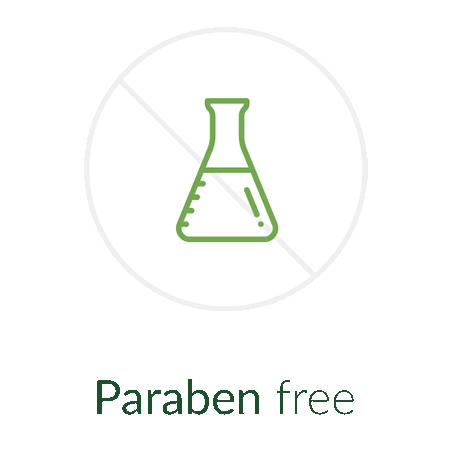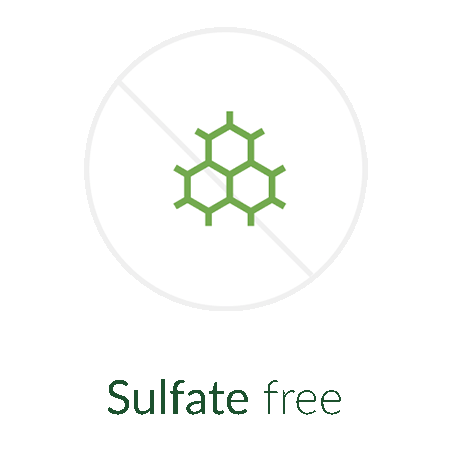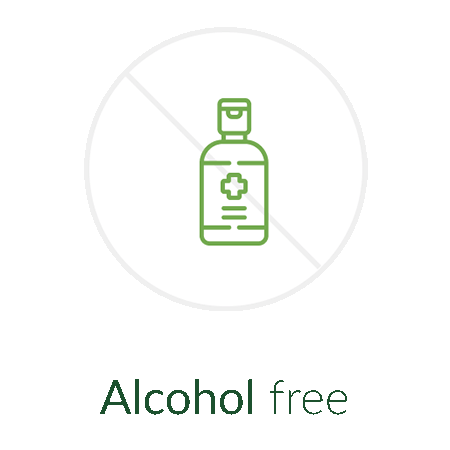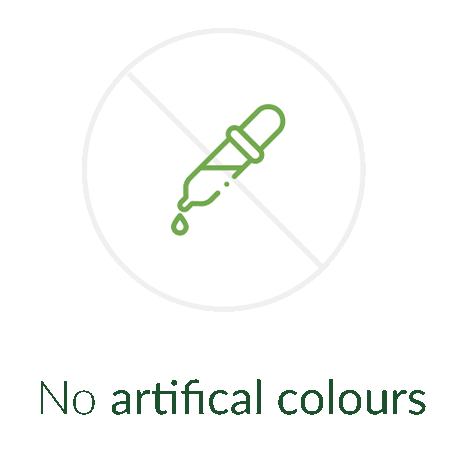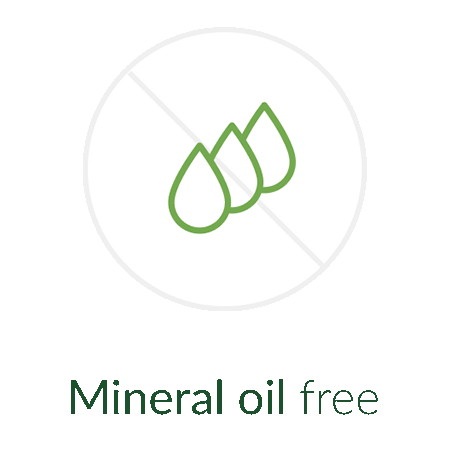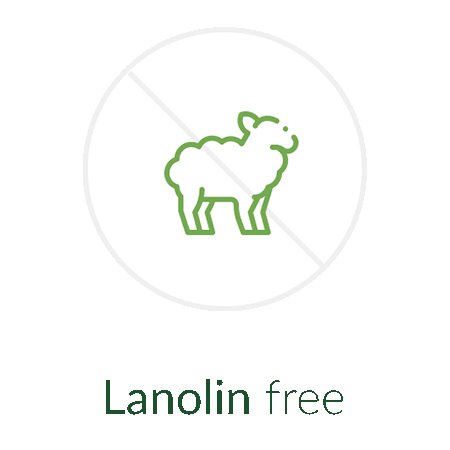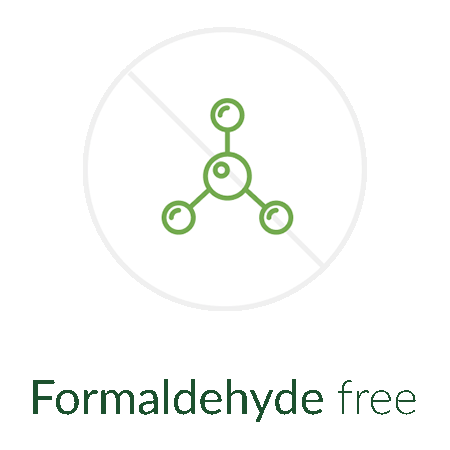WHAT IS ECZEMA?
 Eczema is a very common skin condition that causes itchy, red, dry, cracked and irritated skin. The condition is also known as atopic dermatitis.
Eczema is a very common skin condition that causes itchy, red, dry, cracked and irritated skin. The condition is also known as atopic dermatitis.
It typically begins during infancy or early childhood and can persist into adulthood. However, eczema can develop in people of any age.
It’s usually a long-term (chronic) condition, although it can improve significantly, or even clear completely, in some children as they get older.
There are a few different types of eczema. The type of eczema you have can determine what type of rash you develop and where on your body it occurs.
WHAT CAUSES ECZEMA?
The exact cause of eczema isn’t completely understood, however, it’s believed to be triggered by an overactive immune system.
Eczema tends to flare when your skin is exposed to external irritants/allergens, which cause your immune system to overreact. We’ve listed the most common triggers for flare-ups below. Certain triggers can be soaps, detergents, stress and the weather and sometimes food allergies can also play a part.
It can also run in families and often develops alongside other conditions such as asthma and hay fever.
Additionally, researchers have found that some people with eczema don’t make enough of a protein called filaggrin (filament aggregating protein). This protein is responsible for helping your skin stay moisturised and healthy.
ECZEMA TRIGGERS
An eczema outbreak occurs when one or more eczema symptoms appear on the skin. According to the NHS, research has shown that external and internal factors can contribute to flares of eczema. The most common triggers include:

- chemicals or preservatives found in cleansers and detergents
- scented products
- cigarette smoke
- external allergens such as pollens, mould, dust, or dust mites
- rough scratchy material, like wool
- synthetic fabrics
- sweating
- temperature changes
- stress
- food allergies
- animal dander
- upper respiratory infections
WHAT ARE THE TYPES OF ECZEMA?
There are a number of different types of eczema, including the following:
| Type of eczema | Associated symptoms |
| atopic dermatitis | Atopic Dermatitis is the most common form of eczema, that causes the skin to become dry, itchy, cracked, and often appears with a red rash. |
| contact dermatitis | Contact Dermatitis is caused by exposure to something that irritates the skin, or triggers an allergic reaction. |
| dyshidrotic dermatitis | Dyshidrotic Dermatitis affects the fingers, palms of the hands, and soles of the feet. It causes itchy, scaly patches of skin that flake or become cracked, red, and painful. This condition is more common in women. |
| nummular dermatitis | Nummular Dermatitis presents as round, red, very itchy, scaly patches. It is more common on the lower legs and is usually caused by a break in the skin and a history of very dry skin. |
| stasis dermatitis | Stasis Dermatitis is usually seen on the lower legs, and is caused by poor blood flow. |
WHAT ARE THE SYMPTOMS OF ECZEMA?
The main symptom of eczema is itchy, dry, rough, flaky, inflamed, and irritated skin. It can flare up, subside, and then flare up again.
Eczema can occur anywhere on the body, but usually it affects the arms, inner elbows, backs of the knees, cheeks, and scalp. It’s not contagious and sometimes becomes less severe with age.
Inflamed skin can become red on lighter skin, and darker brown, purple or grey on darker skin. This can also be more difficult to see on darker skin.
Other symptoms include:
- intense itching
- red or brownish-grey patches
- small, raised bumps that ooze fluid when scratched
- crusty patches of dried yellowish ooze, which can signal infection
- thickened, scaly skin
- sore or raw-feeling skin
Many sufferers find their symptoms get worse at night, which makes it difficult to sleep. Scratching eczema further irritates and inflames the skin which can then cause infections that must be treated with antibiotics.
Sometimes, mild eczema can be managed at home by avoiding triggers and keeping skin moisturised. However, it’s best to see a doctor when symptoms are hard to manage or are getting worse. It’s a advisable to visit your GP if your:
- eczema isn’t responding to over-the-counter treatments
- symptoms are keeping you awake at night
- symptoms are making it hard to complete everyday tasks
- skin is blistering or weeping fluids
- skin is peeling
- skin is getting thick or scaly
HOW TO TREAT ECZEMA
A dermatologist, allergist, or GP can help you identify the correct treatment to help relieve the symptoms of eczema and many cases improve over time. However there is currently no cure and the right treatment for you will depend on the type and severity of your eczema; severe eczema often has a significant impact on daily life, which may be difficult to cope with physically and mentally. You might find it helpful to combine more than one treatment.
There’s also an increased risk of skin infections, so a GP may prescribe a topical or oral antibiotic to treat this.
Many different treatments can be used to control symptoms and manage eczema, including:
- self-care techniques, such as reducing scratching and avoiding triggers
- emollients (moisturising treatments) – used on a daily basis for dry skin
- topical corticosteroids – used to reduce swelling, redness and itching during flare-ups.
THERAPIES
Light therapy, or phototherapy, uses ultraviolet light or sunlamps to help prevent immune system responses that trigger eczema. It requires a series of treatments and can help reduce or clear up eczema. It can also prevent bacterial skin infections. Many salons and spas offer this service.
LIFESTYLE CHANGES
Stress can trigger symptoms, or even make them worse. Ways to reduce stress include:
- carry out deep breathing exercises
- yoga
- meditating
- listen to relaxing music
- prioritise a good night’s sleep
- A cold compress can help alleviate itching, as can soaking for 15 to 20 minutes in a warm or lukewarm bath.
ALTERNATIVE TREATMENTS
Alternative treatments/therapies may help to calm the symptoms of eczema, however, always check with your GP before using an herbal supplement or beginning an exercise routine to ensure you avoid any potential side effect(s). Popular home remedies include:
- green, black, or oolong tea
- coconut, sunflower, borage, and primrose oils
- acupuncture
- aromatherapy
- relaxation techniques, like meditation, yoga, progressive muscle relaxation, or guided imagery
HOW IS ECZEMA DIAGNOSED?
There’s no specific test that can be used to diagnose eczema. Often, a GP or dermatologist can diagnose the condition by talking with you about your symptoms and examining your skin. Sometimes, a patch test might be done to help find eczema triggers. This can pinpoint certain allergens that trigger symptoms, such as skin allergies associated with contact dermatitis.
During a patch test, an allergen is applied to a patch that’s placed on the skin. Your skin will become inflamed and irritated if the allergen is a trigger for you.
You may also be required to keep a food diary.
WHAT PEVONIA PRODUCTS CAN I SAFELY USE ON MY SKIN?
There are a select number of Pevonia Face & Body products which are safe to use on your skin if you suffer from eczema. These will help to keep your skin clean, protected, moisturised, as well as help to relieve excessive dryness, irritations and decongestion. However, they will not heal this skin condition – they can help to support alongside other dedicated treatments for Eczema:

CleanRefresh Foaming Oil Cleanser
Jasmine & Lavender Bubble Bath/Shower Gel

Jasmine & Lavender Body Moisturiser
All of these products can also be found in our Shop By Concern – Eczema & Psoriasis section – here.

